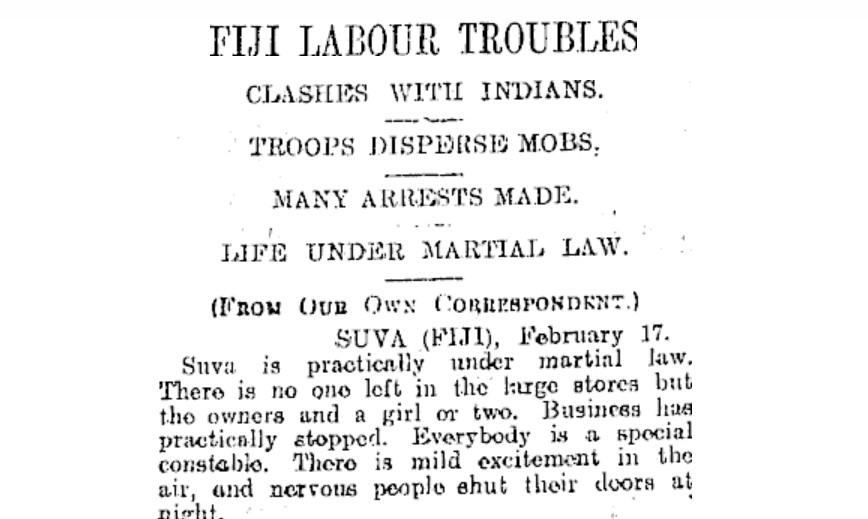Tomorrow New Zealand Post will. continue its removal of road side post boxes. This is privatisation by stealth says the Postal Workers Union. We’re reprinting their statement below:
“At the same time that NZ Post is quietly engaged in the removal of many of its road side post boxes and reducing its delivery service, private mail company DX Mail is steadily building up its own postal delivery network.
Tomorrow New Zealand Post wants to take out more post boxes in New Plymouth adding to the 1300 which have disappeared nationwide since 2008. Hutt City lost 31 post boxes earlier this month and more are targeted for removal in Wellington next month. This is privatisation by stealth says the Postal Workers Union.
NZ Post has claimed “the cost of sending out a courier van” to clear the post boxes as one of the reasons for their removal. However NZ Post has consistently ignored the Union’s proposal that posties could clear post boxes as they pass them on their delivery rounds. Posties clearing post boxes would be a convenient and cost effective option especially in New Plymouth where posties driving new electric vehicles with trailers must return to the mail centre every day after delivery to recharge their vehicles.
NZ Post’s response to the obvious and continuing decline in mail volumes appears to be driven not simply by the economies of changing mail patterns but also the ideology of privatisation which in this case is directly benefiting a private sector mail company.
Pressure from the Government on NZ Post to cut costs and a Government privatisation agenda makes NZ Post’s reduction of services and the mass removal of road side posting boxes throughout the country look like the sabotaging of the state owned letter business.
It is significant that NZ Post has not responded to the Union’s urging of the CEO to act to reassure apprehensive company employees that NZ Post is not deliberately running its letter business into the ground.
The Union believes there is an apparent conflict of interest in postal delivery involving ex minister of finance Sir William Birch – a board member of DX Mail while it is “competing aggressively” with NZ Post in the letter market.
Mr Birch was a cabinet minister in the Jim Bolger Government during the passage into law of the Postal Services Act 1998 which deregulated the standard letter. In his subsequent position as a board member of DX Mail and also as a board member and shareholder in parent company Freightways there is the perception at least that he is in a position to personally benefit from how he exercised his vote in Parliament.
Many posties are very unhappy that they are compelled by NZ Post to deliver DX Mail as DX Mail steadily builds up its own network. The posties are required to potentially undermine the viability of the state owned enterprise by subsidising a well connected private sector mail company.
The union also claims that NZ Post appears to be in breach of the State Owned Enterprises Act by its inadequate consultation with local communities and by ignoring opposition to the removal of post boxes. The Act requires NZ Post to exhibit “a sense of social responsibility by having regard to the interests of the community in which it operates …”.
The Union believes that, for example, by removing its post box in Cannons Creek in Porirua East NZ Post has not made enough effort to fulfil its statutory obligations under the Act. Participation in the democratic process is weakened when a whole city suburb with a significant number of residents no longer has adequate access to a post box, not only for their own personal use, but also for postal voting.
The Postal Workers Union has been actively challenging NZ Post for at least four years about its numerous mail service failures which have undermined public confidence in NZ Post. Regular letters to newspaper editors complaining about delays in mail delivery and which do not appear to have been responded to by NZ Post may have further served the interests of private sector competitors.
The Postal Workers Union is committed to an efficient, reliable and sustainable state owned postal service – including the sending and receiving of letters. It is clear to the Union that most senior managers and the company’s specialists are dedicated and committed to providing the best postal service possible in the changing communications environment.
The problem is NZ Post as a company appears to have succumbed to the Government’s privatisation agenda.”









